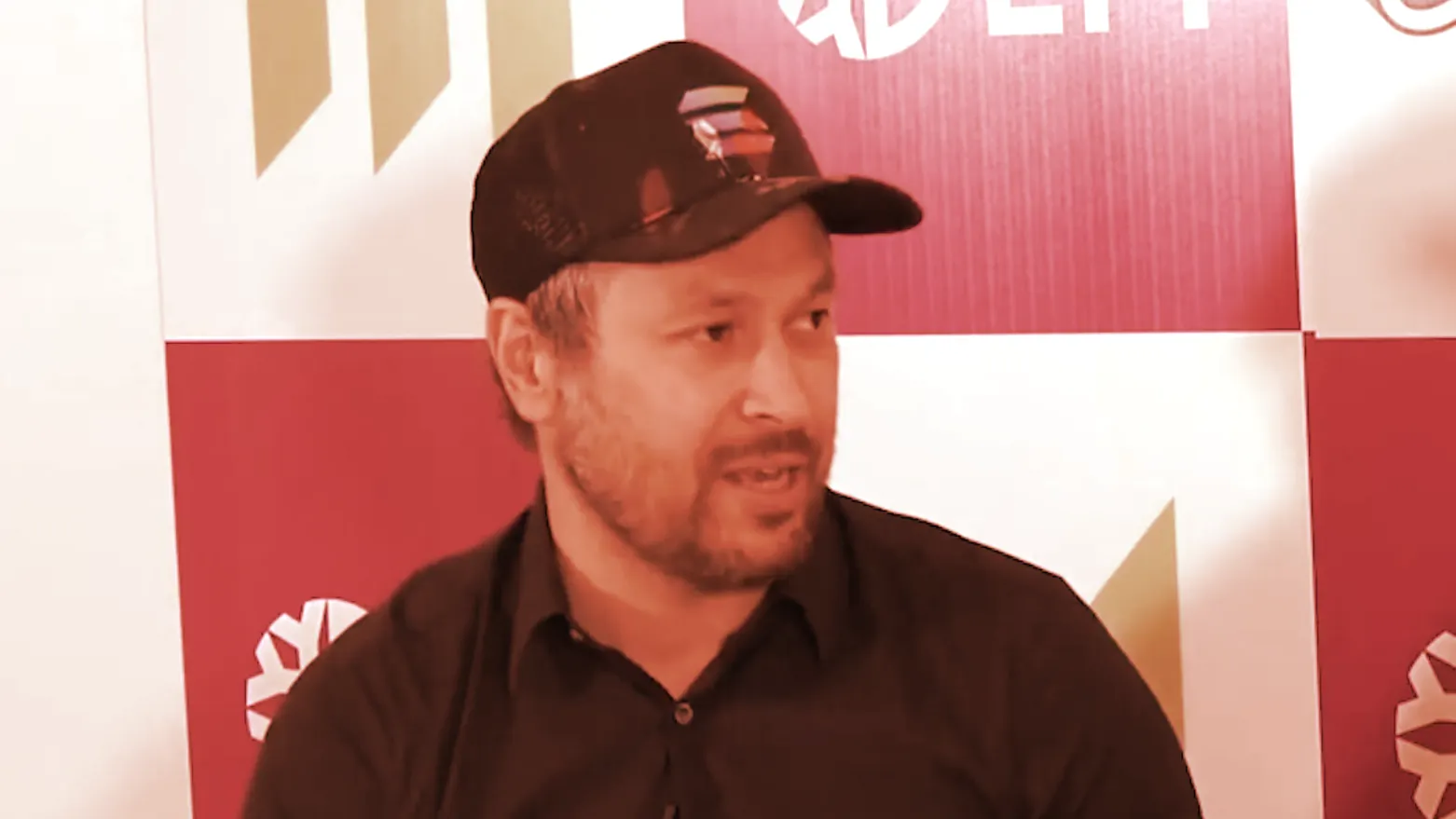"We do sometimes track our success against Ethereum in terms of not validator adoption, but developer adoption," Solana Labs co-founder Anatoly Yakovenko acknowledged on the Decrypt gm podcast. "I think it's really important because they are the market leader."
Still, he said it has been interesting to see what kind of developers choose Ethereum over Solana, pushing back against the "Ethereum killer" label that gets applied to Solana (and many other smart-contract blockchains).
"What's funny to me is that people call Solana an Ethereum killer, but we're so different," he said, adding that the two proof-of-stake blockchains are "almost complementary" in many ways.
Launched in March 2020, Solana is a popular blockchain for dapps and non-fungible tokens or NFTs due to its fast transaction speed. Like Ethereum post-merge, Solana uses a proof-of-stake consensus algorithm. Unlike a number of proof-of-stake blockchains, however, Solana is a mixed blockchain that also uses a proof-of-history consensus algorithm.
The idea behind proof-of-history is to provide a chronicle of previous events on the blockchain, ensuring that there's a common record of what happened and when for permanent reference.
In Yakovenko's opinion, Ethereum is focused on the idea that validators need to be extremely cheap. He said the developers are sacrificing everything else to achieve that, adding that Ethereum's sharded network and its future plans are all based around the idea of very cheap validation.
"That opens up the space to a decentralized network optimized for consensus at the speed of light," Yakovenko told Decrypt. "There are use cases that you can't run on Ethereum that you can run on Solana, and this is where I start seeing devs really pick Solana over Ethereum."
While Yakovenko says Ethereum and Solana are complementary, that doesn't mean he believes in a multi-chain future.
"I don't know what's going to happen, if we're gonna have a multi-chain future or not," he said. "Right now, when you use an application, you're still aware that you're using a Solana or Ethereum application. And maybe users that are crypto-native care to make that distinction."
Yakovenko pointed to the expanding NFT market and the growing number of new users entering the space.
"We're seeing new [people] enter the space," he said. "When we get to 100 million [active users], will that next 90 million care about which blockchain it's using? They are going to be using the killer app that brought them there."
It's that killer app that defines the environment, Yakovenko says, which may lead to a world that's not multi-chain but something more akin to Amazon Web Services (AWS) or cloud-based competitive distribution.
"That doesn't mean that it won't be a multi-chain world, but it may be a world where a very large portion of transactions, maybe 90% of transactions, occur on one environment," he said.
Listen and subscribe to the gm podcast wherever you get your podcasts.

